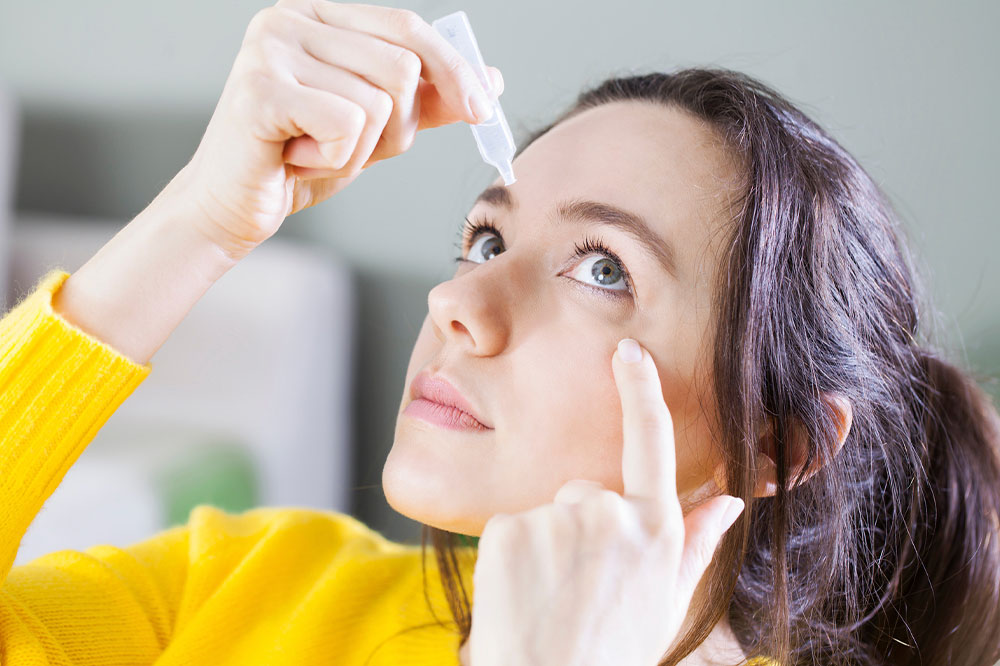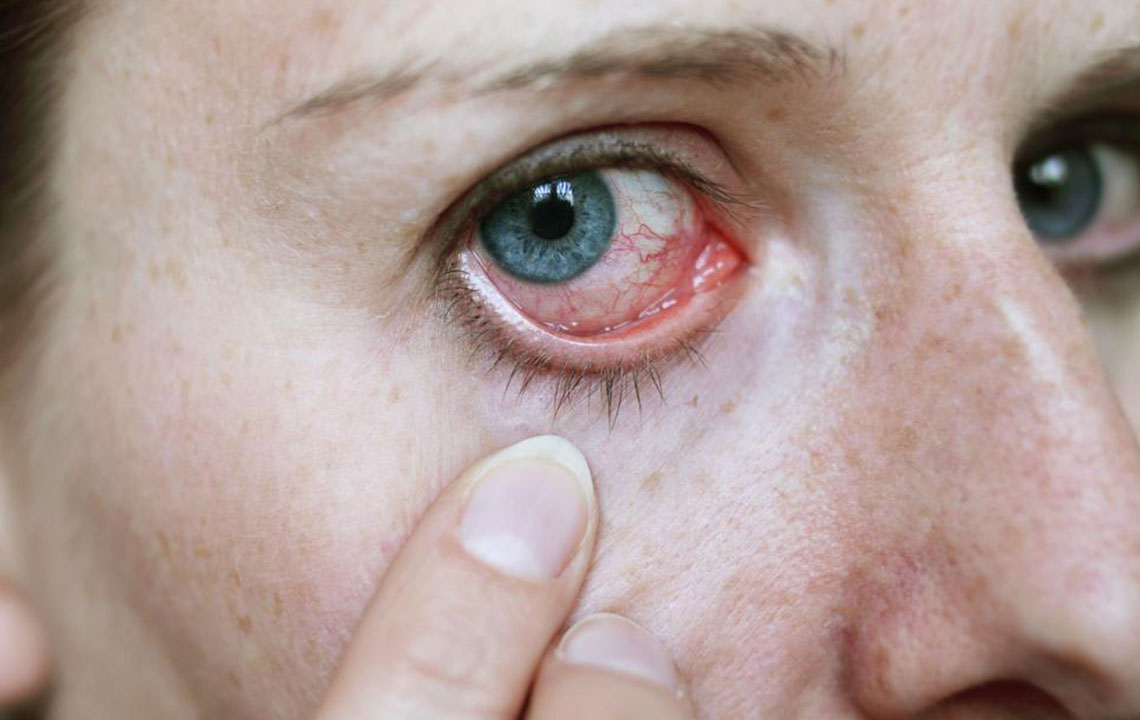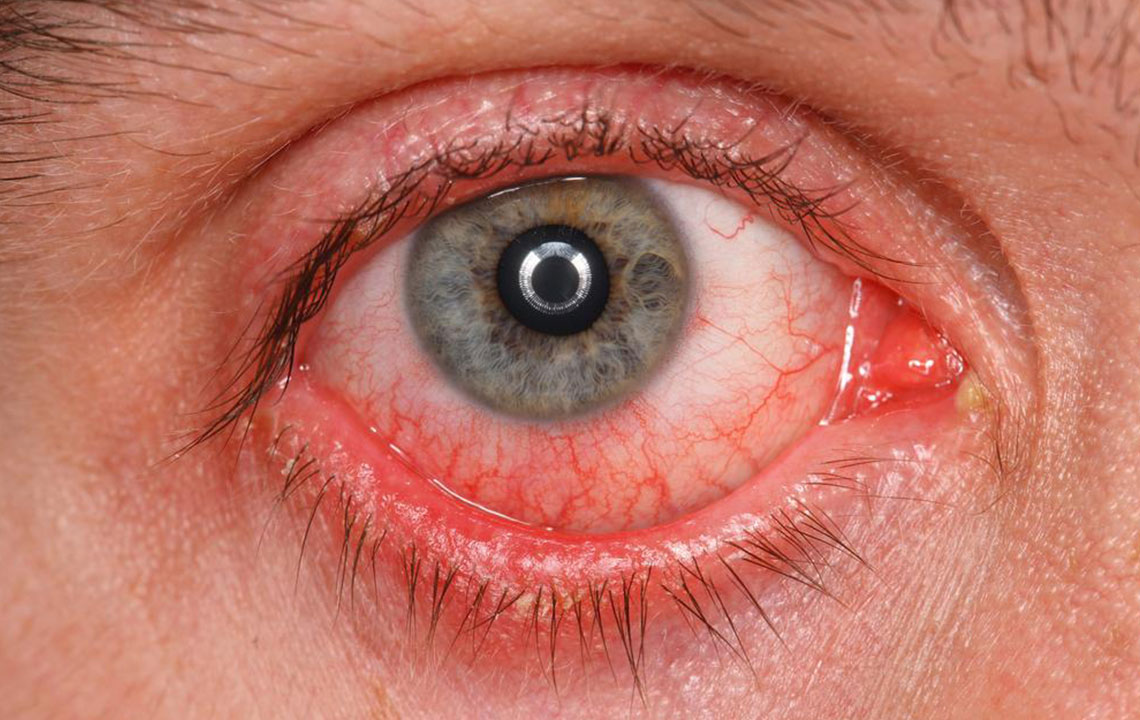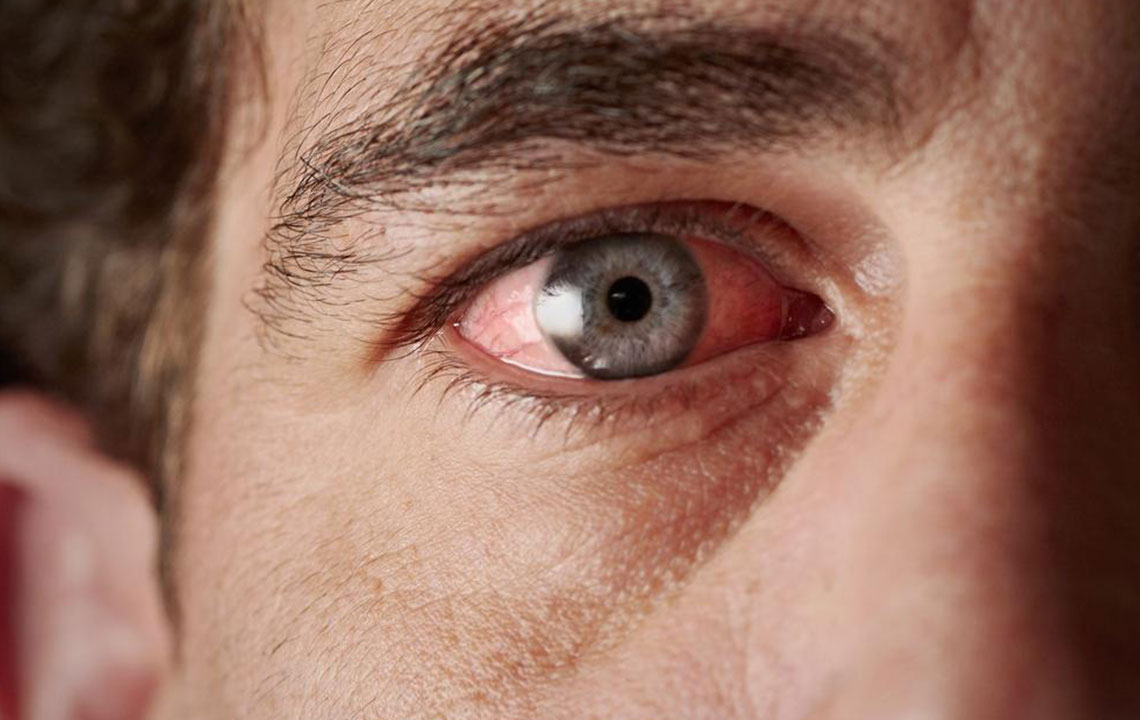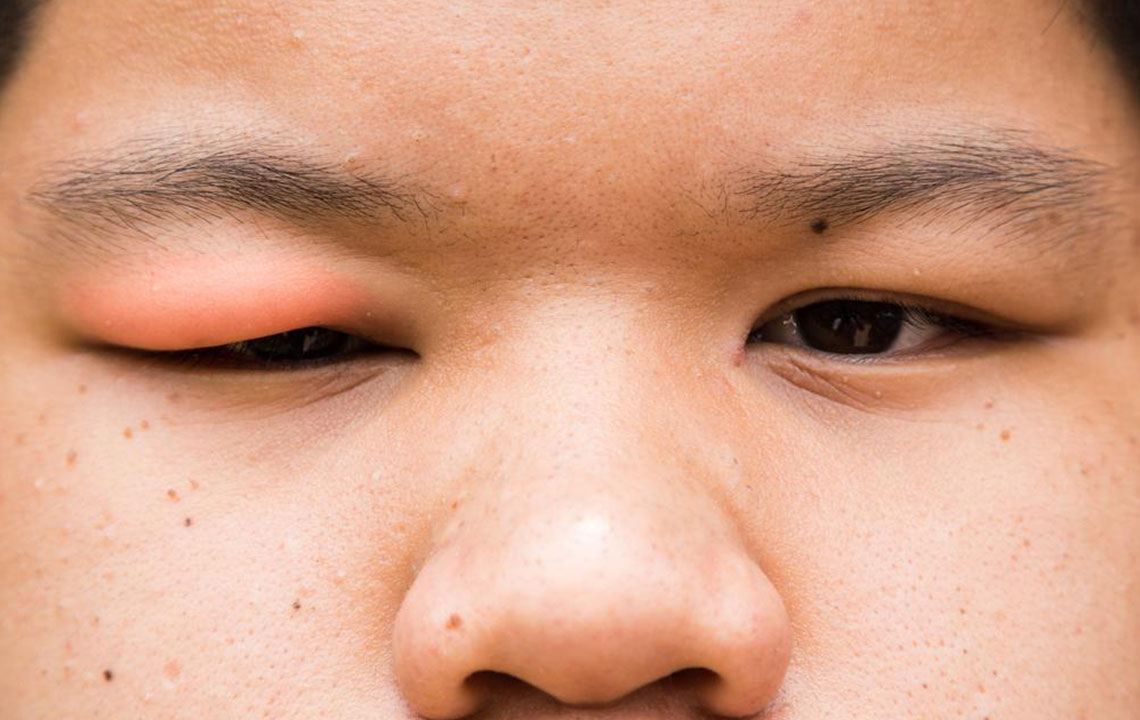Top Eye Solutions for Managing Pink Eye Effectively
Discover comprehensive insights into pink eye, including causes, effective eye drops for viral, bacterial, and allergic conjunctivitis, and self-care tips. Consult healthcare professionals for personalized treatment to ensure safe recovery from this common eye condition.
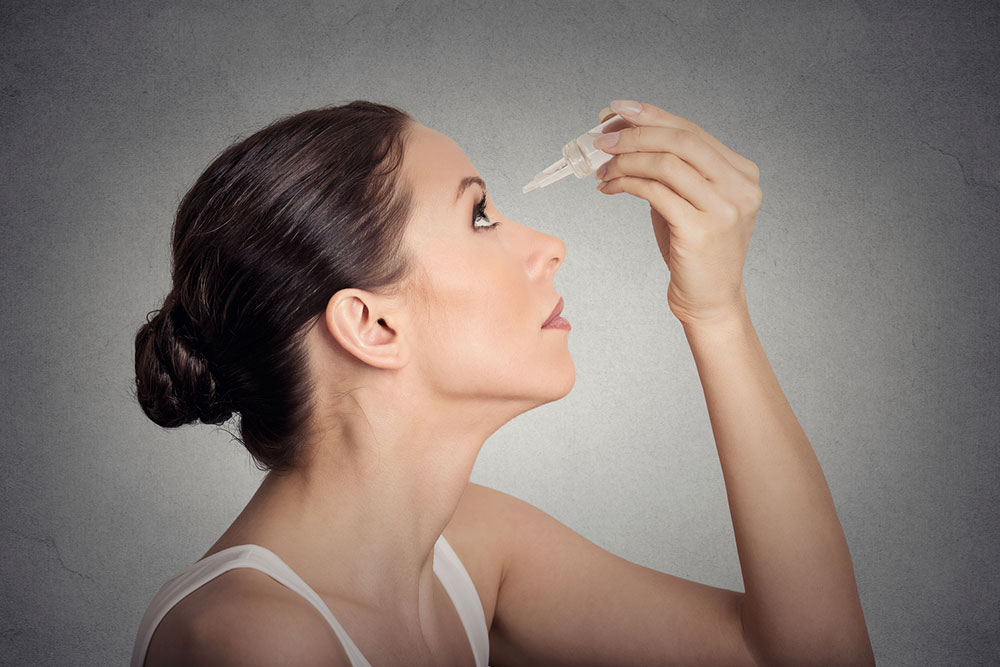
Top Eye Solutions for Managing Pink Eye Effectively
Pink eye, or conjunctivitis, stands as one of the most common eye infections impacting individuals of all ages. This highly contagious condition is easily treatable with proper care. Before choosing the best eye drops, understanding pink eye and its causes is essential.
What is pink eye?
Pink eye involves inflammation of the conjunctiva, the thin membrane covering the eyelids’ inner surface and the eyeball’s white area. Despite its transparency, this tissue contains blood vessels that can dilate during infection, resulting in redness and bloodshot appearance.
While viral conjunctivitis is most common, pink eye can arise from bacterial infections, allergies, or irritants. Treatment depends on the cause, with different eye drops recommended accordingly.
Viral pink eye often resolves without prescription medication, utilizing OTC eye drops and antihistamines for relief. Conversely, bacterial pink eye requires antibiotic drops to prevent complications and permanent damage. Allergic pink eye responds well to antihistamines, mast cell stabilizers, and corticosteroids—based on severity and cause.
Popular options for viral conjunctivitis include Naphcon-A and Ocuhist, but consulting a healthcare professional is advised for proper diagnosis and treatment. Bacterial infections may be managed with antibiotics like BLEPH®, Moxeza, Zymar, or Polytrim, each targeting bacteria effectively. For allergy-related pink eye, antihistamines such as Otrivine Antistin, Ketotifen, Emedastine, or Azelastine are commonly recommended after medical advice.
Additionally, avoiding contact lenses, minimizing eye rubbing, and applying cold compresses are beneficial self-care measures. Patients should also reduce allergen exposure and protect their eyes by wearing dark glasses during flare-ups. Severe allergic reactions may require corticosteroid treatments prescribed by a doctor.
Important Note:
Our article offers general health insights but should not replace professional medical advice. Always consult a healthcare provider for proper diagnosis and treatment options tailored to your condition. We disclaim any responsibility for discrepancies or inaccuracies across different platforms.

